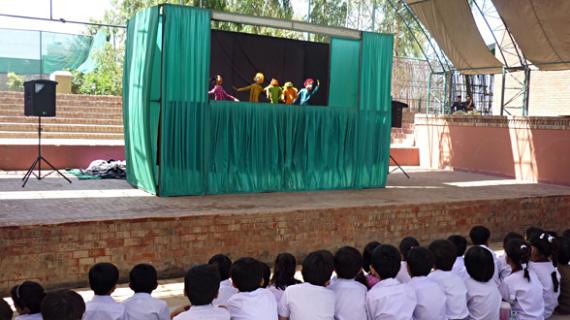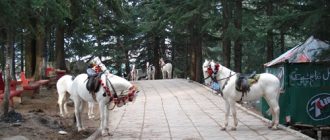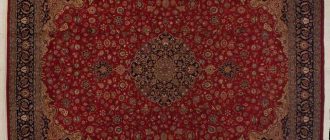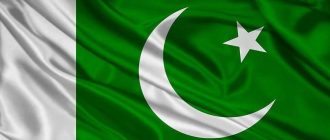Would you like to learn about the Pakistani culture? Then read our guide for more facts and information…
History of Pakistani culture
The cultural and ethnic background of Pakistan dates back to the Indus Valley Civilization which prevailed between 2800-1800 BC. The Pakistani culture is unique across the different regions of the country and is also influenced by other cultures including Persian, Turkish, Afghani, Indian and Middle Eastern.
The Pakistani society has many ethnic groups including Sindhis, Punjabi, Muhajirs, Makrani, Baloch, Pashtun, Kashmiris among others which add their own touch to the Pakistani culture. Another influence on the country’s culture is its history which had several occupations which impacted the Pakistanis.
Pakistani cultural traditions
The Pakistani culture takes a lot of inspiration from other cultures and countries yet it has distinct and unique customs, culture and traditions.
Pakistani Literature and Poetry
The roots of Pakistani literature date to 1947 when the country was born and it inherited the South Asian Urdu and English literature. Over the years the body of literature has immensely increased and is being written in languages other than Urdu for example Punjabi, Balochi, Sindhi, and Pushto among others.
Pakistani poetry has its roots from the Persian Empire and is recognized as a respected art in the country. Poetry is not restricted in Urdu which is the official language of the country but also has blends of other languages. Almost all provincial and regional languages have their own poetry. Pakistani poets such as Dr. Allama Iqbal, Mirza Ghalid, Faiz Ahmed Faiz and Ahmed Faraz have fans all over the world who appreciate their work. Pakistani poetry covers a lot of subjects from patriotism, religion to love and romance.
Pakistani Music
Pakistani music industry consists of a wide range of forms from traditional style such as Ghazal to more modern forms such as Rock, Techno and Fusion of Pakistani and Western music. The most famous forms are Urdu and Punjabi pop music as well film music. Traditional forms of folk music as well modern styles have coexisted which have developed the base of the Pakistani music industry.
The Pakistani music form of Qawwali became recognized around the globe with the international legend Nusrat Fateh Ali Khan who till date is heard worldwide. Other music legends include Noor Jahan and Rahat Fateh Ali Khan while some present day singers have gained immense popularity and work in India.
Pakistani Drama and Theatre
The commercial theatre came to Lahore in the 1980s which attracted the audiences with a new form of entertainment which was interesting and humorous. The plays were based on life events, politics and mostly satire and comedy.
The country has councils which closely make not of the language and dialogues to prevent obscenity in scripts. The Pakistani theatre has not witnessed an exponential growth over the years. The only performing arts academy in the country is NAPA (National Academy of Performing Arts) which offers courses, workshops in music and theatre arts.
Pakistani Cuisine
Pakistani cuisine like Pakistani culture takes some inspiration from Middle East, Iran, Afghanistan, India as well Turkey which reflects the surrounding regions and history’s influence on cuisines. The urban flavors present an amalgamation of recipes from across the country whereas the rural areas have specific and limited local ingredients and tastes to offer.
The common dishes are made around rice and salan (gravy) with meat, vegetables, and lentils. The popular Pakistani dishes include biryani which are spicy rice, Tikka which is chicken cutlets in a marinade and chicken karahi which is made in a wok and is loved for its spicy taste. They are eaten alongside naan and rotis which are breads made from whole meal flour aka atta. Pakistani cuisine also includes local variations of grilled kebabs and meat as well as desserts such as Kheer and Lab-e-Shereen which are custards.
Pakistani National Dress
Pakistan’s national dress is Shalwar Qameez which is a long, loose shirt with baggy trousers. Shalwar (trouser) Qameez (shirt) is known to be a combination of the attire worn during Mughal Empire and the Persian era which has an influence of the Pakistani people and culture. Shalwar Qameez can be made in a range of materials including cotton, silk, wool and chiffon. It is very comfortable and is today many fashion designers have introduced variations to it.
Pakistani Basant Festival
Basant festival also known as the Jashn-e-Bahar is a festival that commemorates the coming of spring. It is celebrated with great fervor particularly in the city of Lahore where everyone dresses in colors of spring such as yellow, orange, red and green.
People from all over the world would come to see the festival which was an annual celebration. Kite flying from city rooftops was a common activity but has been banned due to the danger involved. The arrival of spring is an important event for Punjabi farmers as it brings good crop for them and so is marked with celebrations.
Pakistan’s Independence Day
Pakistan was born on 14th August 1947 when it gained independence from the British India and separated from the sub continent as a Muslim country. On August 14 Pakistanis around the world celebrate this day to remember the sacrifices of their forefathers.
Singing and dancing takes place in the streets while musical events and parades are held. The Pakistani flag is decorated over houses but the highlight is the fireworks across the country.
The tradition and customs of Pakistan are inspired from history and other countries yet the culture has evolved into a distinct one that the people are proud of. One visit to Pakistan is a must to experience the fun and food filled Pakistani way of living!





